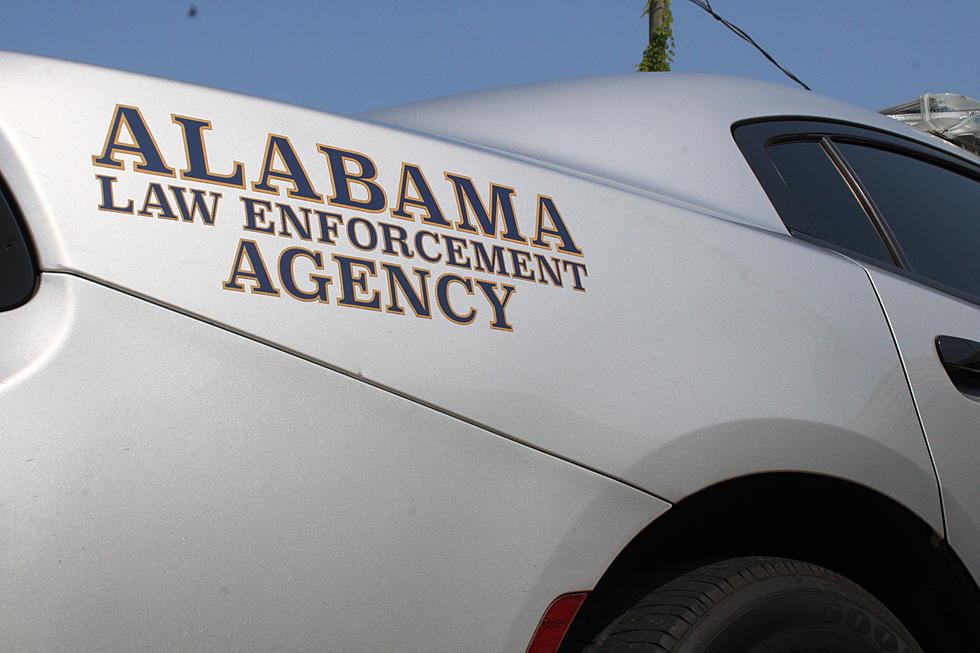
Twelve25 Files New Civil Rights Lawsuit Against Tuscaloosa Mayor & Council
Owners of a restaurant and club on the Tuscaloosa Strip have filed a new civil rights lawsuit against the city, mayor Walt Maddox and the entire seven-member city council.

The gastropub -- a restaurant by day and club by night -- was opened in early 2020 by Jay Jarrett, a Black entrepreneur who said he wanted to bring elements of establishments in bigger cities to a Tuscaloosa venue for the first time.
Since they opened, Twelve25 has seated and served people inside the restaurant during the day, then removed their tables and chairs so more people can enter when they convert to a bar and events venue after dark.
Jarrett and his team of attorneys say this is hardly news to the city, which issued two separate occupancy limits for Twelve25 back when they first opened allowing 287 patrons when tables and chairs were present and 519 patrons when furnishings were removed.
Their issue is with an ordinance the council adopted during their March 7th meeting which added new language to municipal code that says "there shall be no dual occupant limit for restaurants and gastropubs to increase the occupant limit when furnishings are removed or reconfigured."
City attorney Scott Holmes contended in a meeting earlier this year that the new language only clarifies what was already law and does not represent the creation of a new rule. When it passed, it effectively locked Twelve25's total capacity at 287, almost half their previous "late-night" allowance.
Jarrett argued in a lawsuit last month that the ordinance is motivated by racism because the business is minority owned and has a largely Black clientele. He said it will devastate the business, in which he has reportedly invested more than $2 million.
The first suit accused the city of violating some federal law, though, and was removed from a local circuit court to be heard at the federal level.
Jarrett's attorneys dismissed the first lawsuit soon after it was moved and promised to file a strictly local version soon after -- the second lawsuit was officially filed Tuesday afternoon.
"What the City of Tuscaloosa has done to Twelve25 is an issue that we believe should be heard and decided by the people and courts of Tuscaloosa. The City chose to take this matter outside of Tuscaloosa to be heard in a federal court based in Birmingham," Twelve25 said in a statement when they dropped the first suit last month. "We look forward to providing evidence to the court in Tuscaloosa that shows that the City of Tuscaloosa violated the laws of the State of Alabama and the rights of Twelve25 through their discriminatory and arbitrary actions."
The new lawsuit is 67 pages and contains 17 counts. Like the first, it accuses the seven council members and Mayor Walt Maddox of depriving Twelve25 of due process, acting outside their authority, preventing Jarrett from honoring contracts he's already signed and more.
The suit also names the city's fire marshal as a defendant -- he's the one who issued the two separate occupancy permits in late 2019 and early 2020.
It also attempts to demonstrate that city staff have always known about and previously accepted the business model at Twelve25 - they had two valid occupancy limits, after all, and last year, the council passed a new law that requires any business which allows lines to form outside to first get a queueing permit. Twelve25 was made to pay $750 for the most expensive permit available -- for businesses with a capacity of 300 or more.
If the city truly contends that the club's occupancy limit has always been 287, why were they not given the less expensive queueing permit?
The lawsuit also claims Twelve25 is being unfairly blamed for overcrowding on the Strip and downtown, and for the January shooting death of Jamea Harris, who was shot after an altercation on University Boulevard outside the club.
The language of the new ordinance only affects Twelve25 and a single other business in the city, and Jarrett's team argues that if the city was serious about addressing overcrowding or increasing public safety, they would be taking steps that also impact bars and restaurants with owners who are white.
Jarrett is being represented by a team of attorneys primarily led by Birmingham superlawyer J. Mark White.
For updates on the new case as they develop, stay connected to the Tuscaloosa Thread.
Top Stories from the Tuscaloosa Thread (4/3 - 4/10)
More From Tuscaloosa Thread









